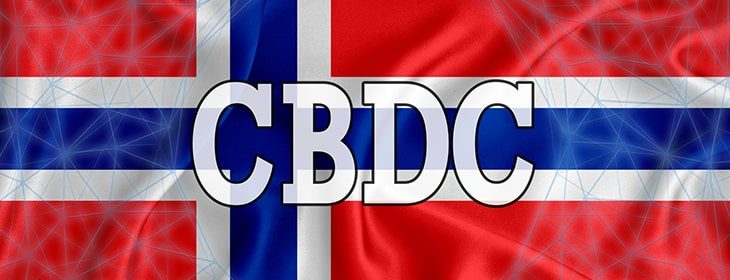Central Bank of Norway weighs up Bitcoin SV among ‘open blockchain’ for CBDC

The Central Bank of Norway is considering whether Bitcoin SV (BSV) could be a viable solution for its central bank digital currency, with BSV mentioned in a report into the technical options available to the bank.
In one of the most significant indicators of global central bank interest in BSV to date, the Norwegian central bank said that some had considered BSV the preferred solution for a DLT-powered technology.
On page 42 of the research paper, the bank said Bitcoin SV was one of the blockchains under consideration, with the platform regularly suggested as a viable option by industry experts.
“Many of the actors have argued for solutions that are completely or partially based on DLT technology. Some have argued that DSP can be added as one program (“smart contract”) on an open blockchain such as Ethereum or Bitcoin SV, while others have recommended using private variants of the open blockchains, such as Ethereum or Bitcoin,” according to the English translation of the report. “Some players also have views on how to establish consensus mechanisms that open so that more players can participate in the validation of transactions, at the same time as Norges Bank retains control.”
Stephan Nilsson, founder and CEO of UNISOT, said the report identified key features of its preferred CBDC system, all of which are best met by Bitcoin SV.
“The report is clear that a CDBC solution must have “compliance with good IT architecture principles” – i.e. the technology used must have the following characteristics: Security, Capacity, Availability, Interoperability. They also mention Offline functionality [and] flexibility. These are all hallmark characteristics of #BitcoinSV.”
The news will likely encourage other central banks to assess the merits of Bitcoin SV as a solution for powering distributed ledger technology. The bank is expected to continue to review its options, with Bitcoin SV likely to be high on the agenda.
See also: CoinGeek Live panel, The Future of Banking, Financial Products & Blockchain
Source: Read Full Article
